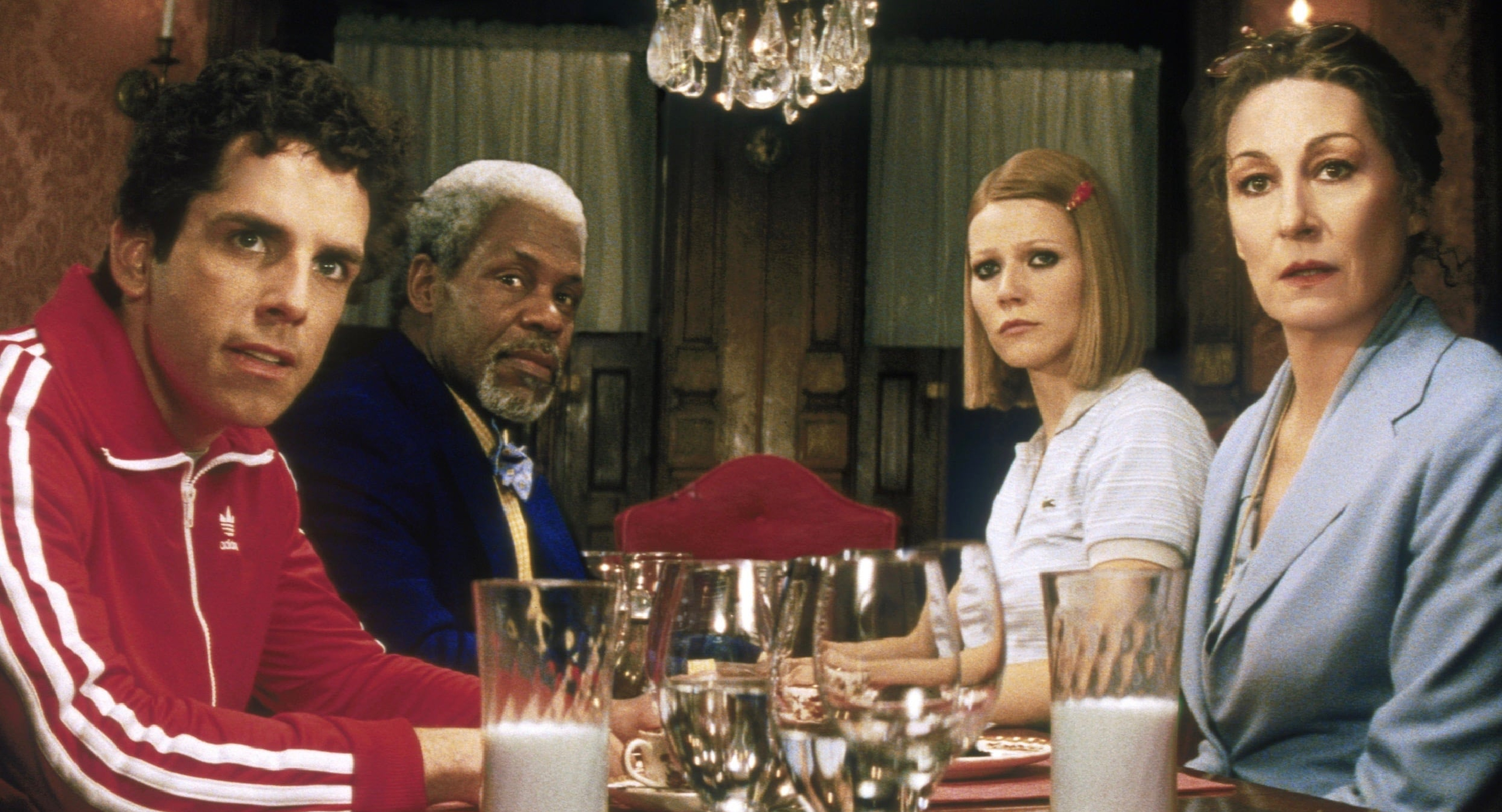The Royal Tenenbaums – Film Review
Published July 25, 2023

Wes Anderson‘s The Royal Tenenbaums is a masterclass in storytelling and visual artistry. Released in 2001, this critically acclaimed film has continued to captivate audiences with its eccentric characters, unique cinematography, and emotionally resonant narrative. Set in a whimsical version of New York City, the film explores the lives of the dysfunctional Tenenbaum family, who are brought back together by a series of unexpected events.
At its core, The Royal Tenenbaums is a family drama that delves into the complexities of human relationships and the impact of past decisions on the present. The film opens with an introduction to the Tenenbaum family members, each with their own quirks and talents. From the brilliant playwright Margot (Gwyneth Paltrow) to the former tennis prodigy Richie (Luke Wilson) and the successful businessman Chas (Ben Stiller), the characters are richly developed with a blend of comedy and melancholy.
The heart of the story revolves around the patriarch, Royal Tenenbaum, portrayed brilliantly by Gene Hackman. Royal is a flawed and charming figure who, after years of estrangement from his family, fakes a terminal illness to win back their love and acceptance. Gene Hackman’s performance is a tour de force, infusing Royal with both humorous bravado and moments of vulnerability. He carries the weight of the film on his shoulders and effortlessly navigates between the character’s comedic and dramatic layers.
The supporting cast is equally exceptional. Anjelica Huston plays Royal’s ex-wife, Etheline, with a mix of strength and vulnerability. Owen Wilson and Bill Murray deliver standout performances as Eli Cash, the eccentric author and friend of the family, and Raleigh St. Clair, Margot’s psychiatrist husband, respectively. Each actor embodies their character’s idiosyncrasies and brings a unique energy to the ensemble.
Wes Anderson’s signature directorial style shines through in every frame of the film. His meticulous attention to detail, from the symmetrically framed shots to the vibrant color palettes, creates a visually stunning and cohesive world. Anderson’s use of slow-motion sequences, quirky montages, and imaginative set designs adds to the film’s offbeat charm, making it a visually distinctive and unforgettable experience.
The film’s soundtrack is another highlight, featuring an eclectic mix of classic rock and folk tunes that perfectly complement the narrative. The music enhances the emotional resonance of the film, especially during pivotal moments of self-discovery and reconciliation. Each song is carefully selected to evoke a specific mood, further immersing the audience into the Tenenbaum’s world.
One of the film’s greatest strengths lies in its exploration of the theme of failure and redemption. Each character grapples with their own personal failures and shortcomings, which are poignantly portrayed by the ensemble cast. This exploration of vulnerability and human frailty is what makes the characters relatable and endearing despite their larger-than-life personas. Throughout the film, the characters confront their past mistakes and strive for personal growth, making the story one of resilience and hope.
The Royal Tenenbaums weaves together humor and melancholy with a deft hand. The film’s comedic moments are quirky and absurd, often arising from the characters’ peculiarities and unexpected situations. At the same time, the film delves into deeper emotional territory, tugging at the heartstrings of the audience as it explores themes of loss, love, and the complexities of family bonds.
Despite its many strengths, some viewers may find the film’s pacing to be a tad slow at times. The deliberate pacing serves the purpose of character development and scene-setting, but it may test the patience of some audiences who prefer a more fast-paced narrative. Nevertheless, the film’s visual allure and engaging performances are enough to keep most viewers invested in the story.
The Royal Tenenbaums is a cinematic gem that showcases Wes Anderson’s unique storytelling and directorial prowess. With its eccentric characters, stunning visuals, and exploration of complex family dynamics, the film leaves a lasting impression on its audience. Gene Hackman’s standout performance as Royal Tenenbaum anchors the narrative, supported by an exceptional ensemble cast. While its deliberate pacing might not be to everyone’s taste, the film’s artistic merits and emotional depth make it a must-see for cinephiles and fans of Wes Anderson’s distinctive style. The Royal Tenenbaums remains a timeless and poignant exploration of human relationships and the enduring power of love and forgiveness.
